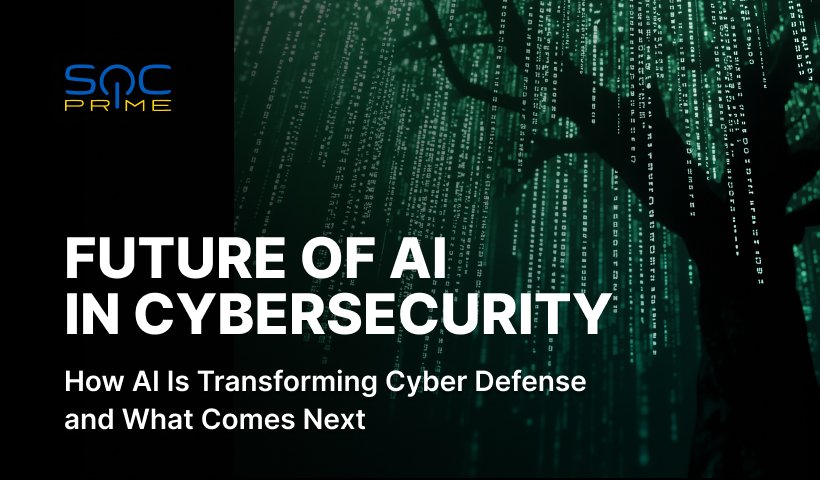Socprime
3w
393

Image Credit: Socprime
What Are the Predictions of AI in Cybersecurity?
- By 2029, agentic AI is predicted to autonomously handle 80% of routine customer service inquiries, reducing costs by 30%.
- Agentic AI signifies a shift towards systems capable of independently executing tasks, impacting service interactions by automating engagement.
- AI plays a crucial role in modern cybersecurity, enabling proactive defense against advanced threats through real-time data processing and analysis.
- Growing threats from AI-driven cybercriminals highlight the importance of intelligent, adaptive, and automated security solutions to mitigate risks effectively.
- AI enhances network security by predicting, adapting, and identifying malicious behavior in real time, reducing false positives and alert fatigue.
- In data analytics, AI processes vast amounts of information to uncover hidden threats, prioritize alerts, and increase operational efficiency in cybersecurity.
- AI in cryptography offers opportunities to strengthen encryption algorithms and develop quantum-resistant techniques, presenting challenges and responsibilities for future innovation.
- Organizations are increasingly integrating AI into their cybersecurity strategies to automate tasks, improve detection engineering workflows, and enhance incident response capabilities.
- AI's future in cybersecurity includes integration with emerging technologies like blockchain and SOAR platforms, aiming for autonomous defense systems and more intelligent security ecosystems.
- The global cybersecurity industry faces a talent shortage, emphasizing the need for smarter tools and AI assistance to keep up with evolving threats and accelerate analyst development.
Read Full Article
23 Likes
For uninterrupted reading, download the app